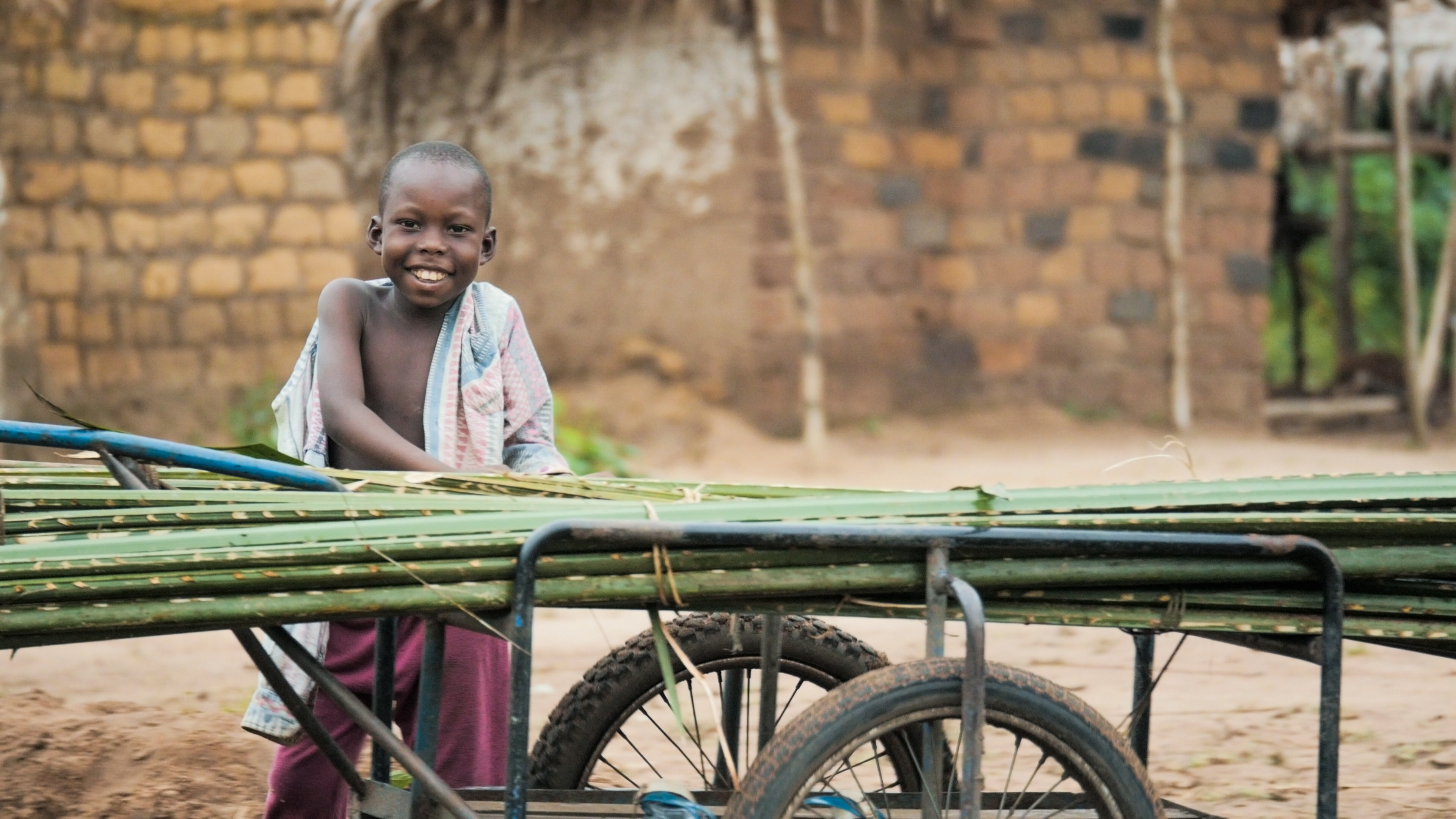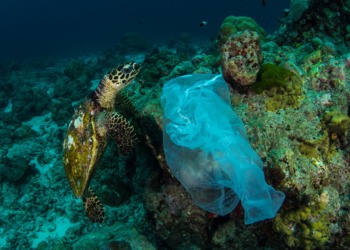Forests and the rights of those who live off them must be at the heart of the SDGs.
In September 2015, world leaders established a new agenda to “free the human race from the tyranny of poverty”. The 17 Sustainable Development Goals (SDGs) were agreed after the largest consultation in United Nations’ history.
“This is the people’s agenda, a plan of action for ending poverty in all its dimensions, irreversibly, everywhere, and leaving no one behind,” said Ban Ki-moon, the UN Secretary General, after agreement had been reached. He added that the SDG’s were the result of the “most inclusive process in UN history” – since 8.5 million people had taken part in a survey asking them what they would like to see prioritised in international development for the next 15 years.
Yet if their hopes are to have any chance of being realised, forests’ role must be central.
It’s not enough to see forests as simply an ‘environmental issue’. Of course protecting them means mitigating climate change, while preserving vital biodiversity and terrestrial ecosystems; but it also means eradicating poverty, improving food security, ensuring social justice and strengthening the rights of the 1.6 billion people who depend on forests for their survival.
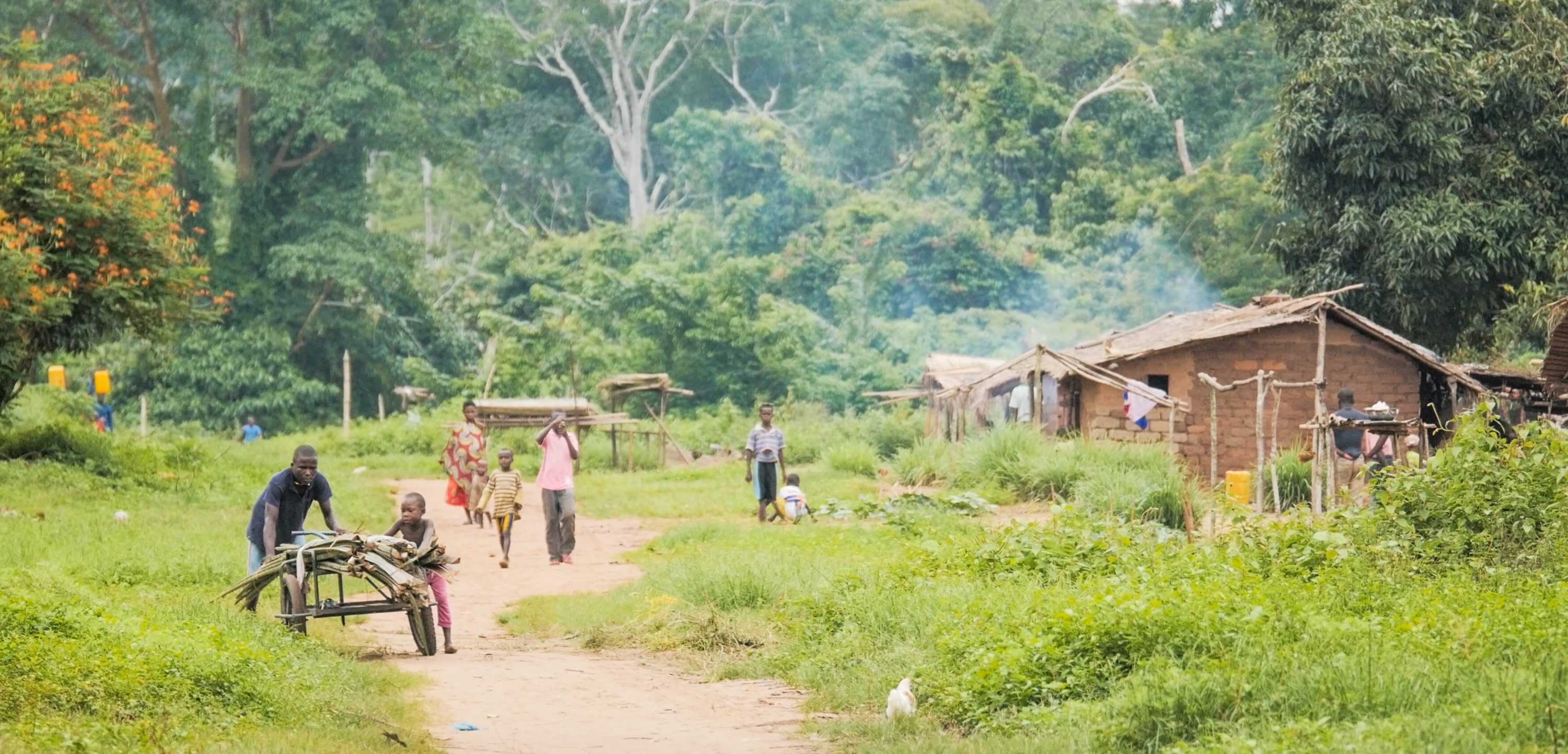
In the Photo: Forest community Photo Credit: Lewis Davies
The 15th SDG makes specific reference to forests: by 2020, the 193 UN Member States who signed up to the goals, have pledged to “promote the implementation of sustainable management of all types of forests, halt deforestation, restore degraded forests and substantially increase afforestation and reforestation globally”. The SDGs however, only outline goals, targets and indicators – not how to achieve them.
That is down to individual countries, which must translate them into national policies and legislation.
The European Union is currently engaged in implementing the SDGs both within its borders and globally. The steps it takes will have a significant bearing on whether the SDGs succeed or fail. The EU’s influence is huge. Half of all development aid comes from the EU and its members – meaning that collectively, they are the world’s largest aid donor. Furthermore, the EU is the world’s largest economy and trading block and exerts immense global political influence.
Related Article: “UGANDA’S WORKING ENVIRONMENT: GROWING LIVELIHOODS WITHOUT SHRINKING FORESTS”
Fern’s function, as well as our expertise, lies in holding the EU (and other European countries) to account for their impact on the world’s forests and the people who live in and survive off them. Consequently, we have been monitoring the role of forests in the EU’s efforts to reach the SDGs. The critical question remains whether the EU’s SDG plans are coherent and address its own role in forest destruction.
To answer it, we need some context.
In recent years the EU has paradoxically been both a staunch defender of forests, as well as an agent of their destruction. The EU’s Forest Law Enforcement, Governance and Trade (FLEGT) programme is the most ambitious, innovative global scheme ever to tackle the curse of illegal logging and its causes. Yet, European consumers’ voracious demand for agricultural products – such as palm oil, rubber, cocoa, soy, beef and biofuels – is driving the destruction of vast swathes of the world’s tropical forests, which are being razed to make way for plantations.
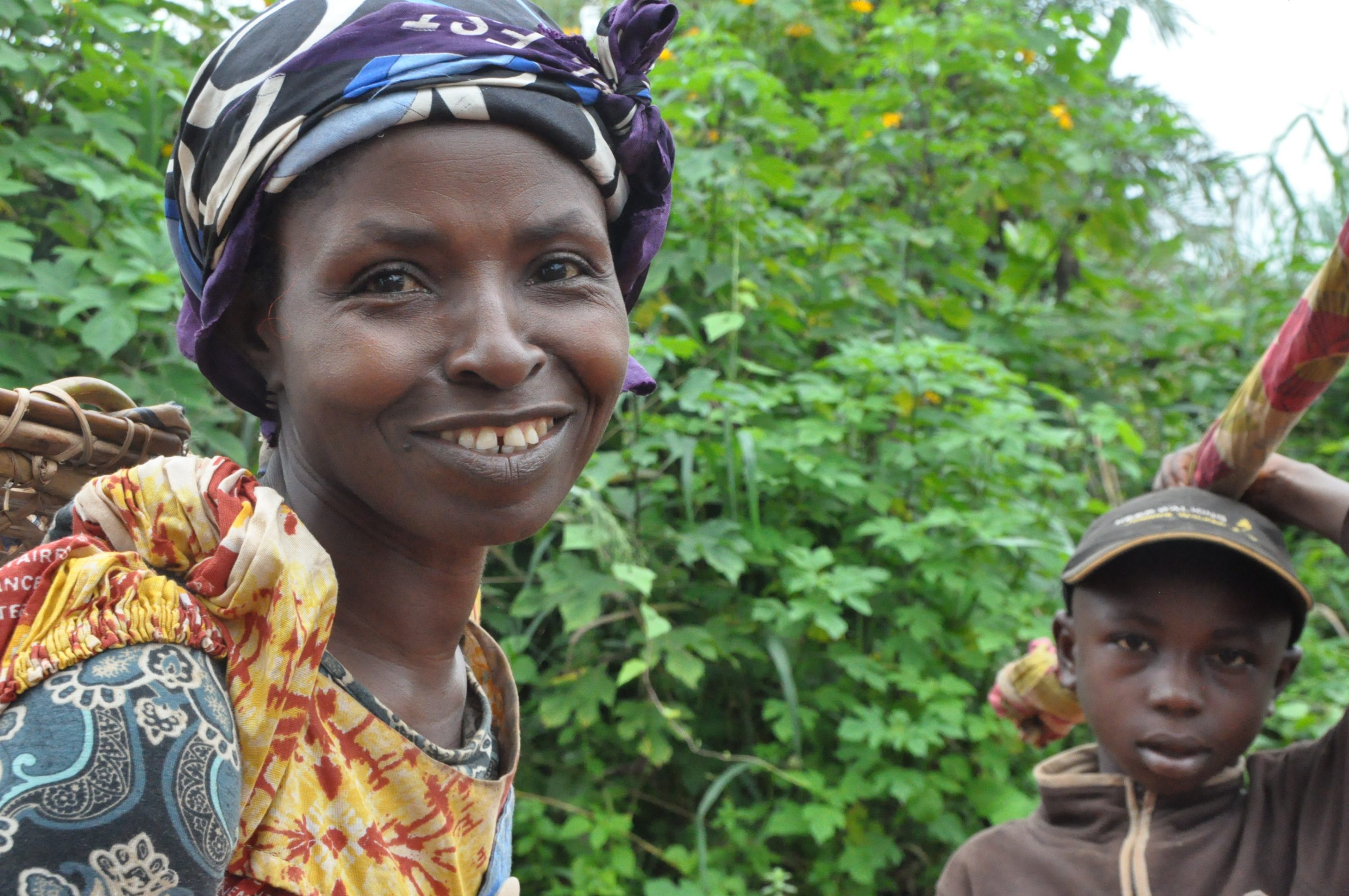
In the Photo: A Woman coming from field in Messamena, Cameroon Photo Credit: Indra van Gisbergen
So how much do FLEGT and the need to tackle agricultural deforestation feature in the EU’s SDG plans to date?
The first major indication of how the EU plans to meet its SDG commitments came in November 2016, with the release of a series of communications. Among the measures the EU proposed, explicit references on how it intended to deal with the demand for agricultural commodities – and the intense pressures this is exerting on tropical forests and the people who rely on them for their livelihoods – were worryingly absent.
Just as concerning was the fact that there was no reference to clarifying forest ownership and improving forest management. A growing body of research shows that forests are best protected when they are managed by the communities who depend on them.
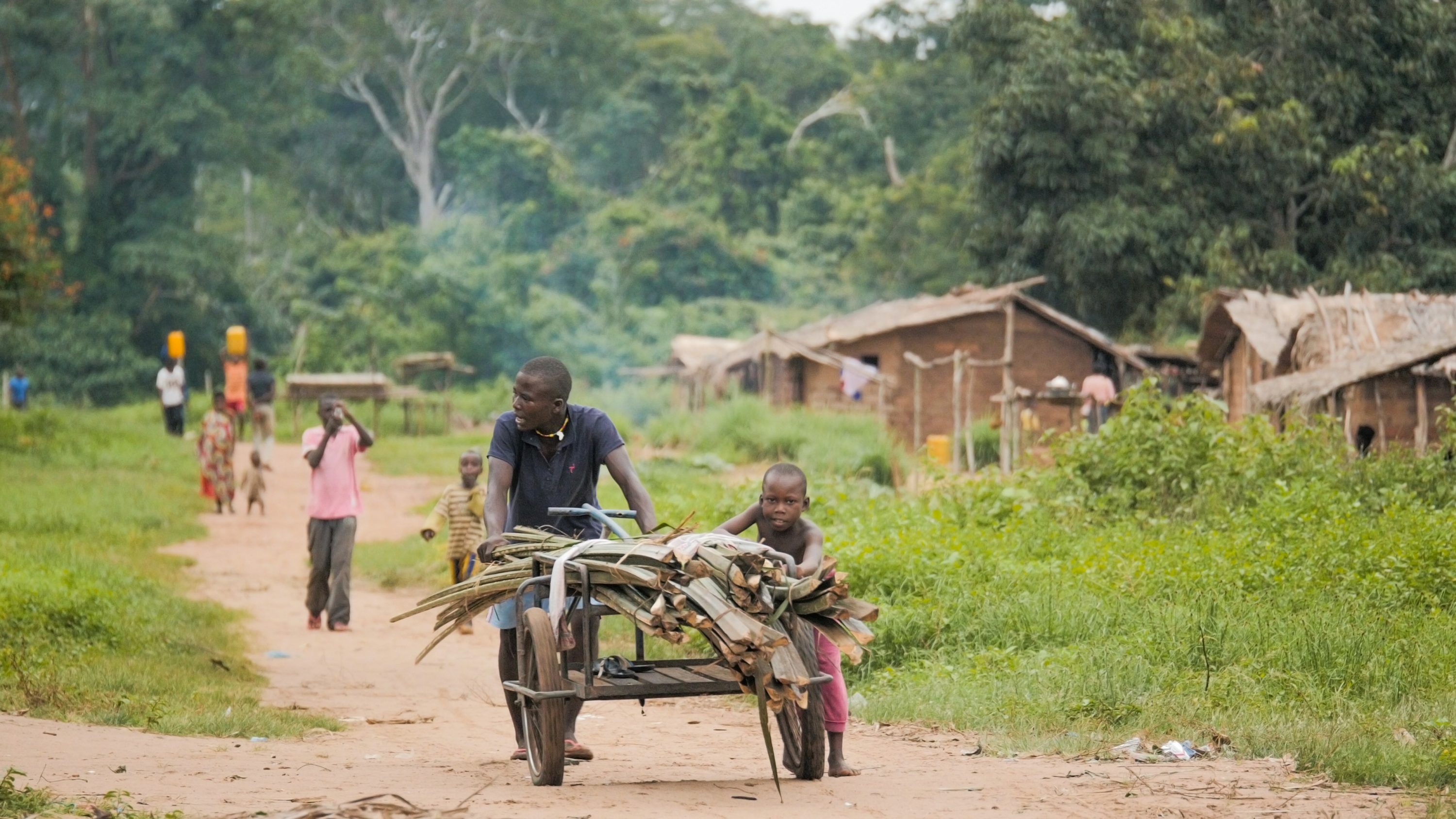
Photo Credit: Lewis Davies
The social, economic and even climate impacts of empowering local people have long been recognised by researchers. A 2014 report by the World Resources Institute put it simply: “When Indigenous Peoples and local communities have no or weak legal rights, their forests tend to be vulnerable to deforestation and thus become the source of carbon dioxide emissions.” The other side of the equation is that: “Legal forest rights for communities and government protection of their rights tend to lower carbon dioxide emissions and deforestation.”
This glaring omission must be rectified in the EU’s future SDG plans.
The SDG communications also expressed no support for the FLEGT Action Plan, and the Voluntary Partnership Agreements (VPAs) that are part of it, and which the EU has signed with a number of timber-producing countries. VPAs have proven to be remarkably effective in improving the way forests are owned and managed, and in giving a voice to marginalised forest communities and civil society groups including women.
While the communications rightly emphasised support for “improving access for all to land, food, water and clean affordable energy without damaging effects on the environment”, they were silent on whether this means upholding the more clearly defined aim of ensuring that products entering the EU market are the result of zero deforestation. Similarly, the EU said it aspired to protect “the resilience of vulnerable populations in the face of environmental and economic shocks” but made no specific reference to the forest communities who continue to suffer from the ongoing devastation of the forests which are the source of their livelihoods. The communications did at least leave open a space for new initiatives and regulations.
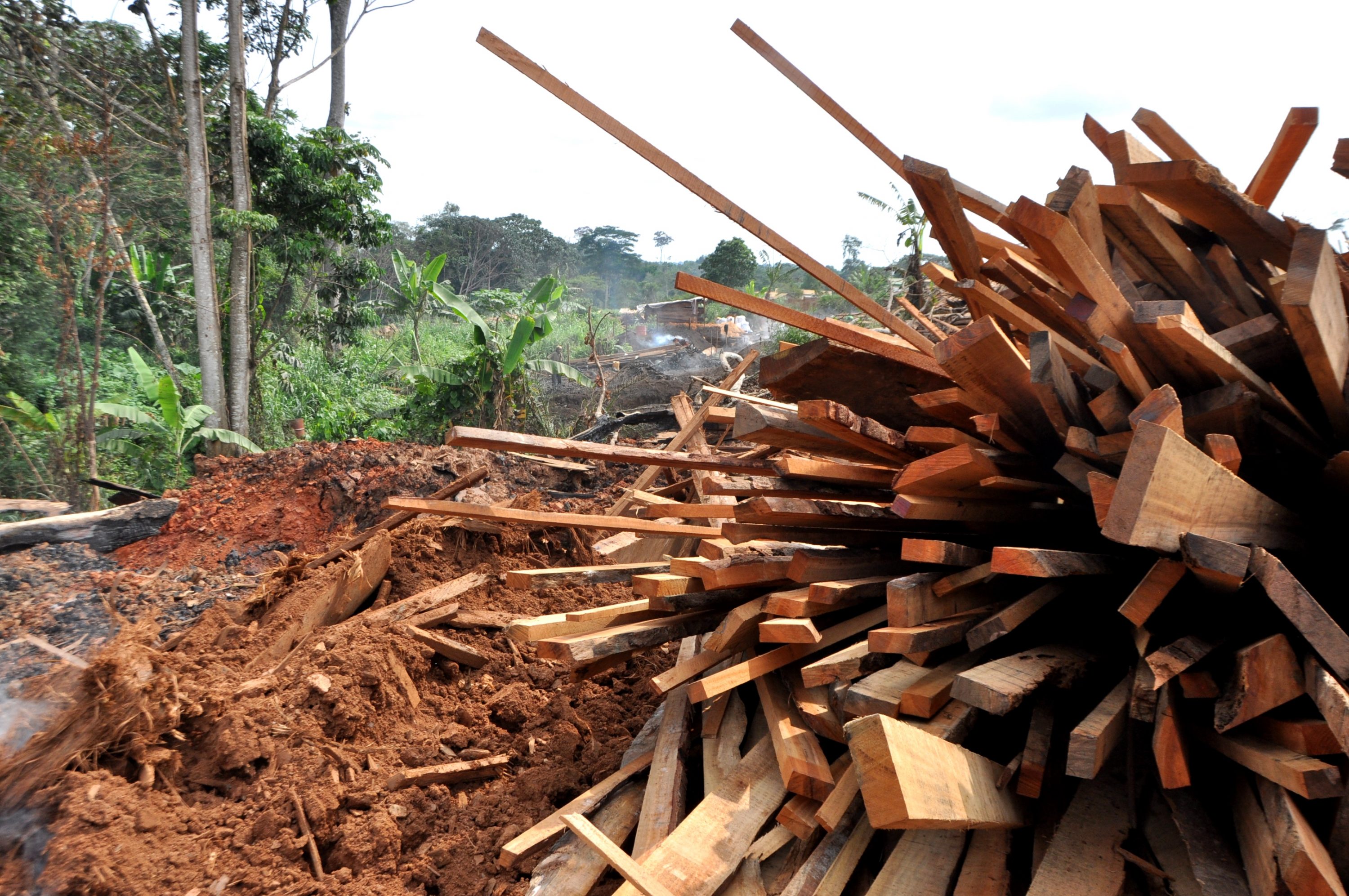
Photo Credit: Indra van Gisbergen
This year, the EU’s SDG plans have evolved, but there has been no evolution in the role that forests are expected to play in achieving them.
In May, the EU Foreign Affairs Council adopted the New Consensus on Development, a non-legally binding common framework for development, which critics – including Fern – say is essentially designed for advancing the EU’s short-sighted economic, commercial, migration and security interests. While this framework reaffirmed the EU’s commitment for the sustainable management of forest and tackling illegal logging – there was still no expression of support for FLEGT, currently the best means we have of reaching this.
In June, the EU and all its Member States finally signed the New Consensus on Development, confirming that they would take joint action to eradicate poverty and implement the SDGs. The upshot of this new approach on development, however, is no different to that of the EU’s previous announcement on how it will implement it’s the SDGs: forests are in danger of being sidelined.
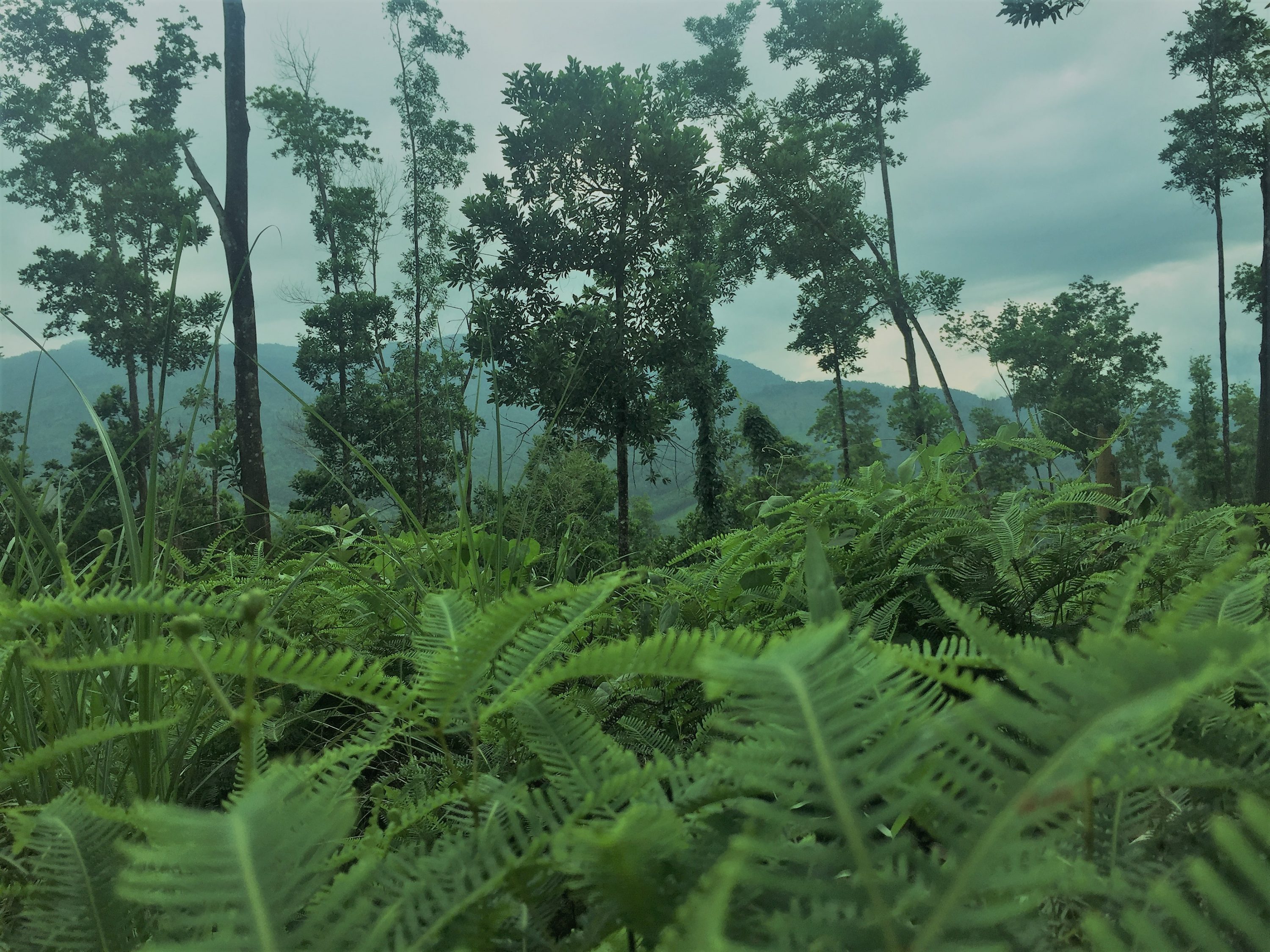
Photo Credit: Mark Olden
The urgency of moving forests to the heart of the EU’s SDG commitments has been made clearer than ever this summer – and not just through the ongoing, relentless destruction of the world’s tropical forests. Closer to home, forest fires have raged across Portugal, Italy, Croatia and France. At the time of writing, the number of forest fires in the EU this year is already triple that of any previous year, and has caused devastating losses, across an area nearly the size of Luxembourg. Yet despite the EU’s disappointing plans so far, some hope at least lies in the EU’s commitment to improve links between the overlapping areas of climate change, governance, rule of law, consumption and human rights. But with the clock ticking and only 12 years left to make the SDGs a reality, policymakers must make forests central to their plans.
Recommended Reading: “ACCOUNTING FOR POLLUTION: GREENING THE SDGS“
The EU must engage in a frank political dialogue with forested countries to help remove all barriers to improving forest governance, and end the destruction being wreaked by its consumption of palm oil, beef, leather, cocoa, soy and other agricultural commodities. This means introducing an Action Plan to Protect Forests and Respect Rights that addresses the EU’s critical role in the gravest current threat facing the world’s tropical forests: their destruction for agriculture.
Only then, will the lofty aims of the SDGs move closer to reality. Or as Erna Solberg, Norway’s Prime Minister, put it (quoting an Elvis Presley song no less), achieving them will mean: “A little less conversation, a little more action”.
 Fern is a non-governmental organisation (NGO) and a Dutch Stichting created in 1995 to keep track of the European Union’s involvement in forests and coordinate NGO activities at the European level. Our work centres on forests and forest peoples’ rights and the issues that affect them such as trade and investment and climate change. All of our work is done in close collaboration with social and environmental organisations and movements across the world. The name Fern was chosen because ferns are one of the few species that grow in all forests.
Fern is a non-governmental organisation (NGO) and a Dutch Stichting created in 1995 to keep track of the European Union’s involvement in forests and coordinate NGO activities at the European level. Our work centres on forests and forest peoples’ rights and the issues that affect them such as trade and investment and climate change. All of our work is done in close collaboration with social and environmental organisations and movements across the world. The name Fern was chosen because ferns are one of the few species that grow in all forests.


